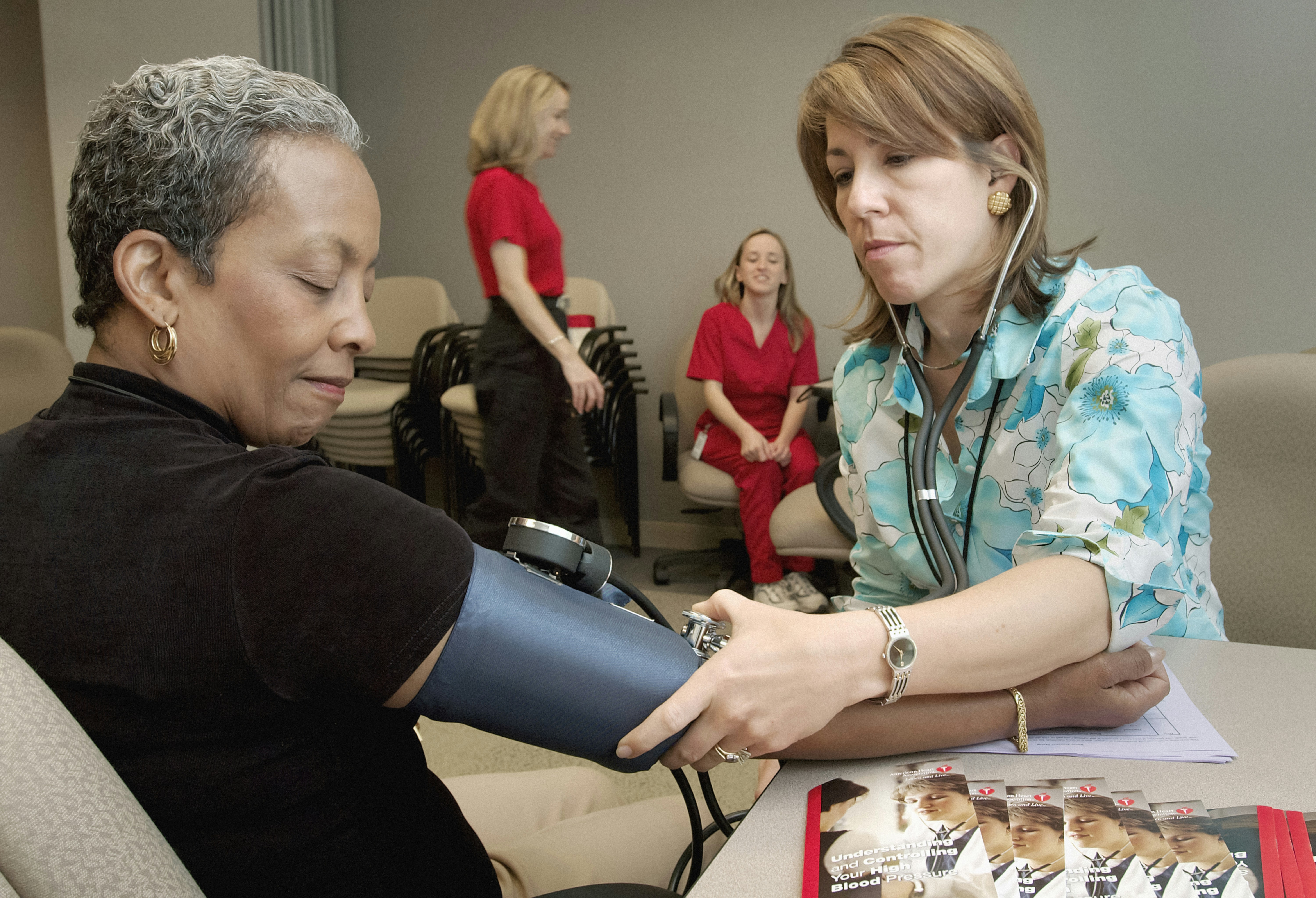Media release
From:
How do obesity and metabolic syndrome affect women’s risks of breast cancer and cancer-related death?
Analysis reveals different adverse associations of obesity and metabolic syndrome with breast cancer subtypes and mortality risk.
In the Women’s Health Initiative (WHI) randomized trial, a low-fat diet reduced breast cancer mortality, especially in women with more metabolic syndrome (MetS) components (obesity, high blood pressure, elevated blood sugar, and abnormal cholesterol). A recent analysis of WHI findings indicates that MetS and obesity each have different associations with breast cancer subtypes and mortality risk. The findings are published by Wiley online in CANCER, a peer-reviewed journal of the American Cancer Society.
The analysis included 63,330 postmenopausal WHI clinical trial participants without prior breast cancer, as well as normal entry mammograms and MetS scores (0–4). After a median follow-up of 23.2 years, there were 4,562 incident breast cancers and 659 deaths from breast cancer (breast cancer mortality).
A higher MetS score (3–4), regardless of obesity, was associated with more poor-prognosis, estrogen receptor (ER)-positive, progesterone receptor (PR)-negative breast cancers and a 44% higher risk of breast cancer mortality. Obesity, regardless of MetS score, was associated with more good-prognosis, ER-positive, PR-positive cancers. Only women with severe obesity (for example, a postmenopausal woman 5 feet, 6 inches tall, weighing >218 pounds) had a higher risk of breast cancer mortality.
“Postmenopausal women with higher MetS scores are a previously unrecognized population at higher breast cancer mortality risk,” said lead author Rowan T. Chlebowski, MD, PhD of The Lundquist Institute. “Determination of MetS scores in the clinic requires only three questions regarding cholesterol, diabetes, and hypertension history as well as waist circumference and blood pressure measurements, which are commonly determined during routine visits.”



 International
International



